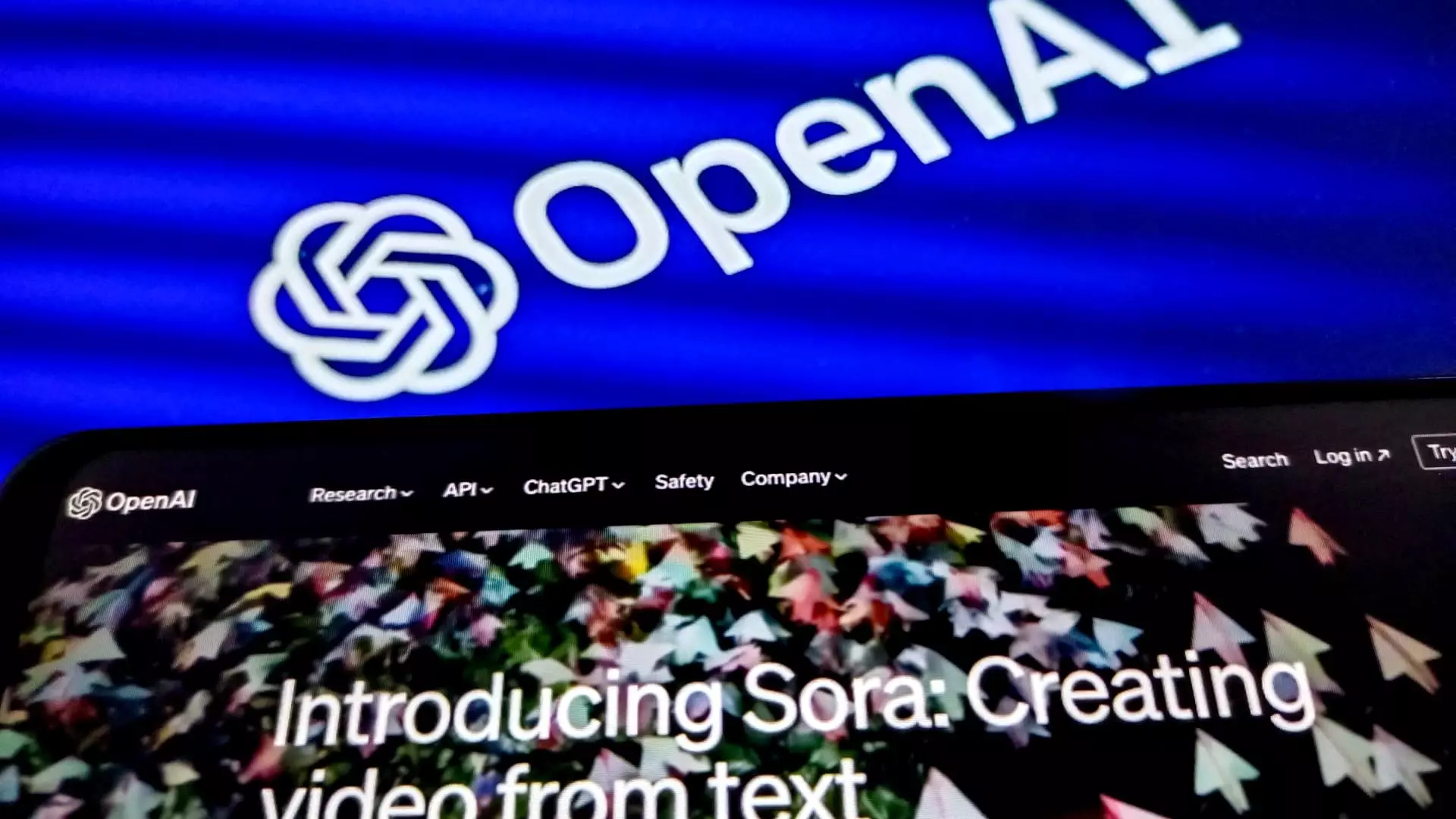In recent years, Middle Eastern sovereign wealth funds have emerged as formidable players in the venture capital landscape, particularly within the realm of artificial intelligence (AI). Nations such as Saudi Arabia, the United Arab Emirates (UAE), Kuwait, and Qatar, buoyed by their substantial oil revenues, are increasingly recognizing the necessity of diversifying their economies to reduce reliance on fossil fuels. This shift has led them to invest significantly in technology startups, especially those innovating in AI, catalyzing a surge in funding that underscores a strategic pivot toward the digital economy.
According to data compiled by Pitchbook, funding from these sovereign entities for AI ventures skyrocketed fivefold in the past year alone. This dramatic increase demonstrates not just a new world order in digital finance but also the ambitions of the Gulf Cooperation Council (GCC) countries to establish themselves at the forefront of technological advancement. The investments are not merely a financial strategy; they are part of a broader initiative to foster innovation ecosystems that can contribute to long-term economic sustainability.
Amid this financial renaissance, notable players like the Abu Dhabi-based MGX fund have emerged, actively participating in high-profile funding rounds, including recent investments in OpenAI. Reports indicate that interest from Middle Eastern funds could value OpenAI at an astounding $150 billion, reflecting their confidence and ambition in deploying capital strategically. Such investments are substantial, providing liquidity that few traditional venture funds could match, especially when pitted against the likes of tech giants Apple and Microsoft.
The financial powerhouses of the Middle East are not merely emerging trends; they are rewriting the rules of engagement in venture capital. The Saudi Public Investment Fund (PIF), with assets exceeding $925 billion, represents a significant player in this arena. Its initiatives, guided by the “Vision 2030” strategy of Crown Prince Mohammed bin Salman, have directed capital toward various investments, ranging from Uber to significant ventures in professional sports. Similarly, the UAE’s Mubadala Investment Company, managing around $302 billion, has rapidly positioned itself as a leading backer of AI technologies, aligning with ambitious tech-forward strategies.
Strategic Partnerships and Economic Diversification
Beyond individual investments, partnerships among prominent firms signal a formidable shift in how infrastructure for AI technologies may be developed. A recent collaboration initiated by MGX with giants like BlackRock, Microsoft, and Global Infrastructure Partners aims to raise up to $100 billion for creating data centers and supporting infrastructure essential for the AI revolution. By strategically investing in infrastructure, these funds are laying the groundwork for sustained technological growth.
Furthermore, sovereign funds such as Qatar Investment Authority and Kuwait’s Public Investment Authority play pivotal roles in reinforcing these ambitions. The sheer scale of their investments, with assets totaling $475 billion and $800 billion respectively, highlights their commitment to becoming major players in the global technology sector. Indeed, the deliberate focus on tech investments resonates with national goals, as these nations strive to foster economic environments that support innovation and entrepreneurship.
While Middle Eastern funds undeniably amplify the financial landscape of Silicon Valley, their involvement is not without complications. Issues such as human rights violations and political controversies may pose barriers in forging collaborative relationships with Western startups. The chilling impact of events like the assassination of journalist Jamal Khashoggi has cast a long shadow over Saudi Arabia’s international undertakings and raises ethical questions regarding investment sources.
Simultaneously, concerns grow over potential market distortions, reminiscent of the SoftBank effect, which many venture capitalists worry could lead to inflated company valuations without sustainable business models. The caution derives from past experiences, such as the infamous rise and fall of WeWork, which leveraged extensive funding but ultimately resulted in a spectacular collapse.
As Middle Eastern sovereign wealth funds increasingly focus on deploying capital in the United States, the geopolitical implications are also profound. The U.S. aims to channel foreign investments from allies rather than adversaries, particularly in tech sectors considered vital to national security. Analysts, including Goldman Sachs’ Jared Cohen, highlight the increasing role of capital from GCC nations, benefiting both the investor and the local economies.
Thus, while the interplay between Middle Eastern funds and Silicon Valley presents exciting opportunities for innovation and economic growth, it requires careful navigation through ethical considerations, strategic partnerships, and market dynamics. This new era of investment signifies not only a shift in financial avenues but also a reshaping of global tech narratives, where traditional powerhouses must recognize the influence of emerging players in the vast landscape of artificial intelligence.

